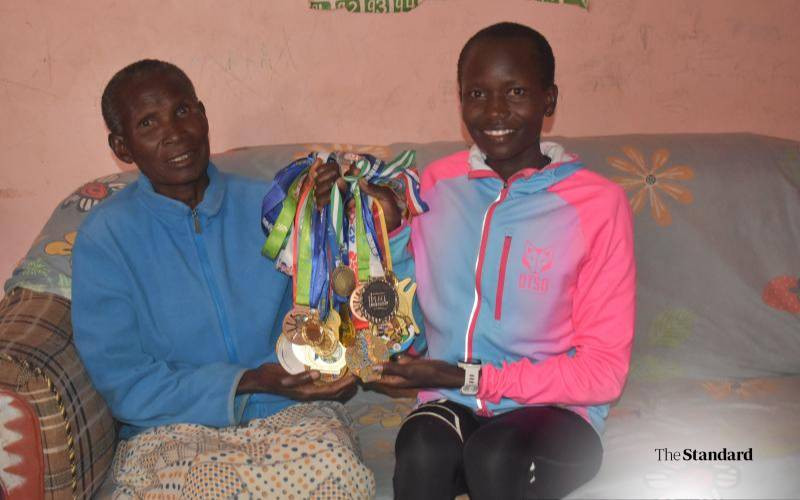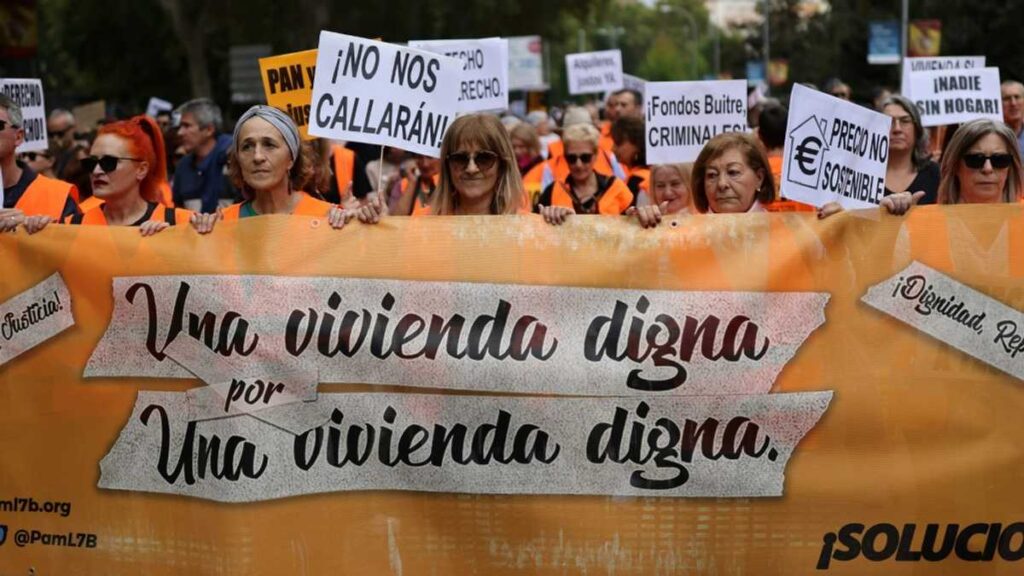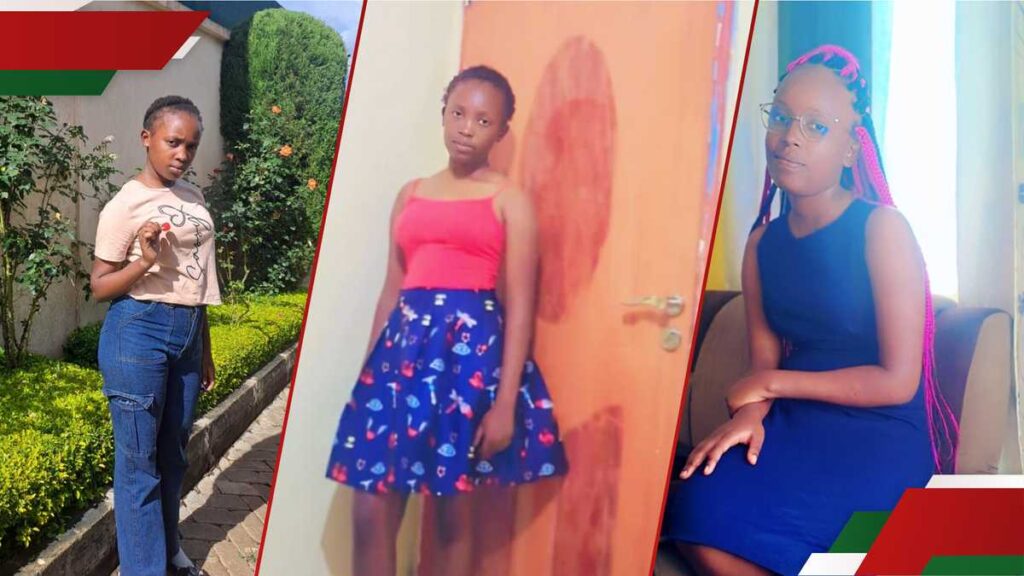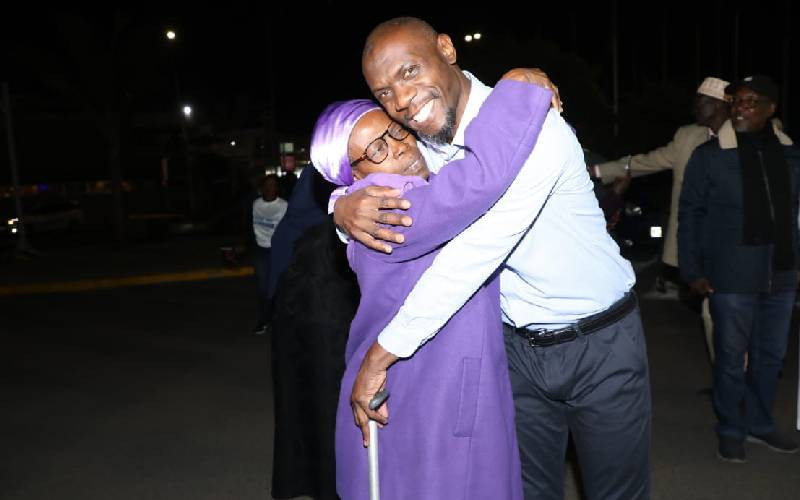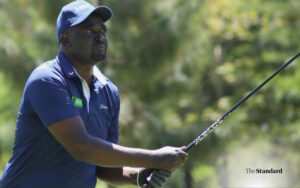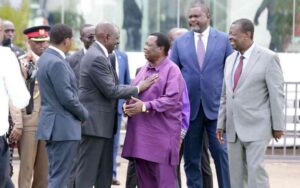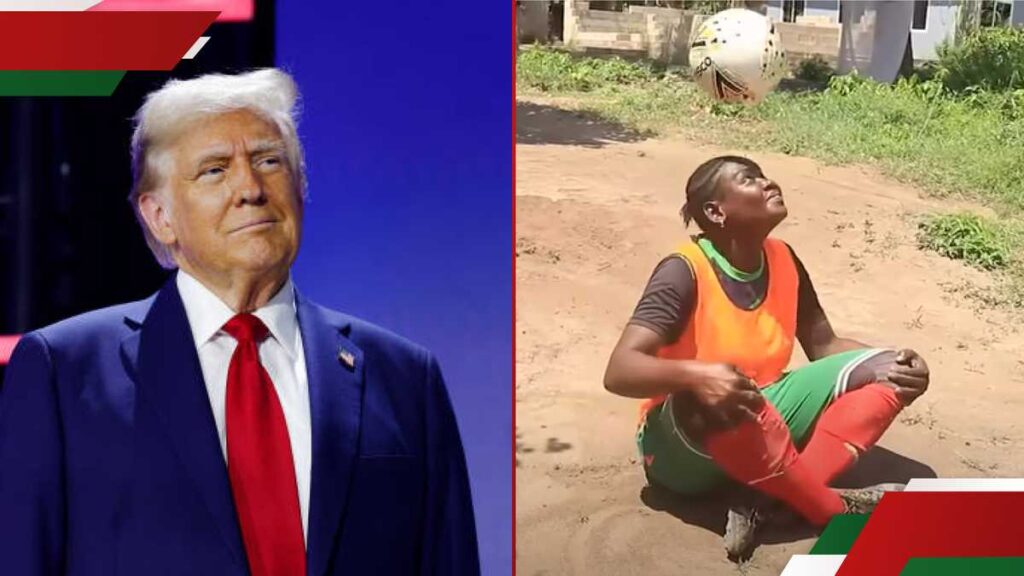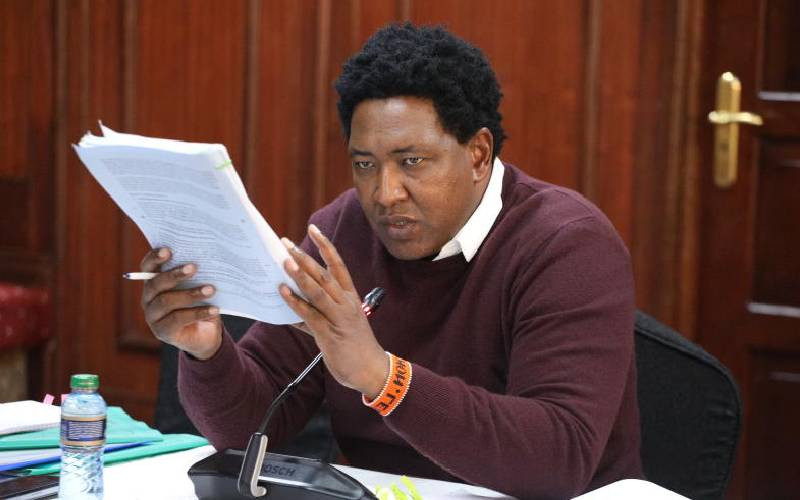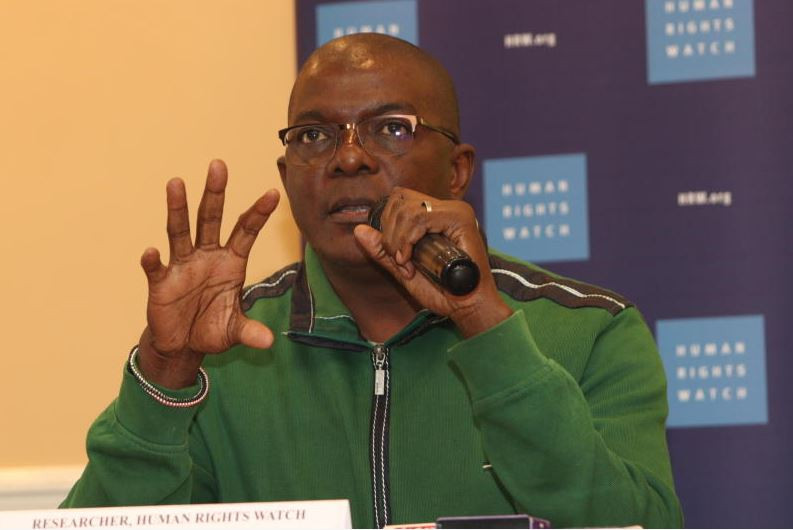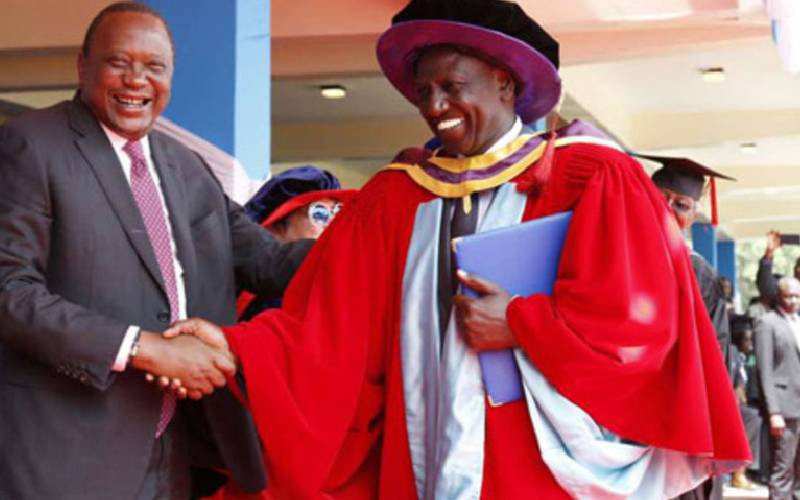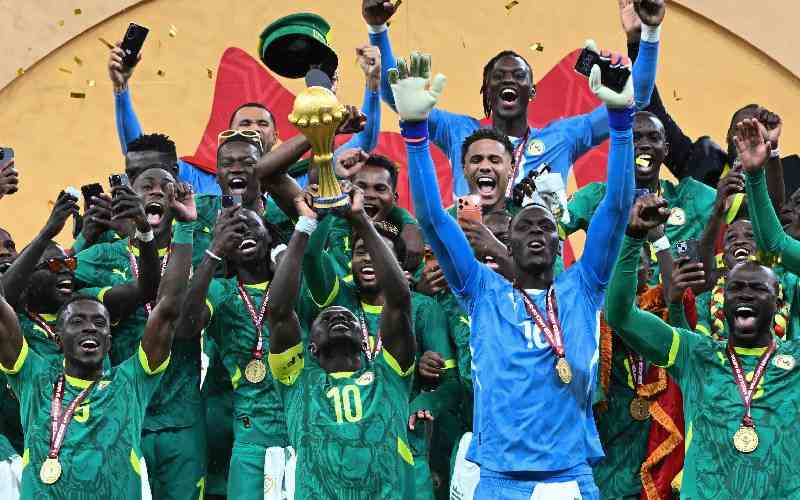A year ago, Atalena Napule Gaspore Loliha crafted a new story for Africa’s youngest nation, South Sudan. She unexpectedly won the first gold medal for her country in the history of the African Games.
Claiming her first-ever victory, the 28-year-old former refugee athlete triumphed in the half marathon, clocking 1:14:36 in Accra, Ghana.
Loliha, who trains in the global running village of Iten in Kenya, achieved a momentous and consequential milestone for South Sudan, which has endured years of conflict, civil unrest and forced displacements – herself a victim.
“My breakthrough came when I chose to compete for South Sudan. I’m now an example to others,” she said.
“When people hear ‘South Sudan’, the immediate reaction is ‘war’. Winning the African Games has given me so much hope, to know that South Sudanese can also run.”
“This gives us a lot of energy to work hard,” added South Sudan Athletics Federation Secretary General Marco Akol Deng.
“We believe sports can unite South Sudan. It also shows the potential of the women in South Sudan.”
Reliving history
Heading to the Games, Loliha felt that she had not trained enough. Still, she honoured her country’s call to duty.
“The federation called like it was an emergency, informing me that my name had been entered for the African Games – I was going to compete,” she said.
“I asked my coach: ‘What am I going to do in Ghana?’ He said: ‘Just go and run.’”
It was her maiden championship, and there was no weight of expectation on her shoulders.
“You always train an athlete to win, but I thought maybe she wouldn’t have that mental toughness to get a medal,” said Loliha’s coach, Elkana Ruto.
On the day of the race, Loliha was engulfed by fear. “When we went to warm up, I told one athlete: ‘My body feels heavy,’” she recalled. “She told me it is normal to feel that way: ‘you will run well.’”
Stay informed. Subscribe to our newsletter
As the race unfolded, Loliha’s body responded. When she took command in the final minutes of the race, only Ethiopia’s Zewditu Aderaw could match her stride.
“She was hard to shake off,” Loliha said.
“I thought, is this race hers or mine?
“I fell with the tape while crying. I had used all my energy. I couldn’t believe it. Even the South Sudanese could not believe their eyes, Kenyans too,” added Loliha, who was overjoyed at the sound of the national anthem.
That gold was a big achievement for Coach Ruto’s team.
“It’s one of the happiest moments in my coaching career, having produced a gold medallist from the place where many thought that we couldn’t have a medal courtesy of such an athlete,” he said.
Inspiring athletic growth in South Sudan
Loliha’s success has helped to inspire a resurgence of refugee athletes going back home to South Sudan.
“We have more than 35 athletes, most of them returning from Kakuma and Ethiopia,” said Deng.
“It is like I have motivated them,” added Loliha.
“That is when I realised that I made the right decision to run for South Sudan.”
The federation developed an athletics programme and training camp last year, through a partnership with Imagine Sports Academy in Chukudum.
“I have been following our South Sudan Athletics WhatsApp group, and I see most athletes are hopeful, they are training hard – even in Juba,” explained Loliha.
“They say: ‘If Atalena did it, we can also do that.’”
Loliha’s journey
Loliha has loved running ever since she was a young girl in South Sudan.
“I used to tell her to go to school, but she would tell me: ‘Mum, let me try athletics,’” revealed Loliha’s soft-spoken and shy mother, Veronica Nakivu.
“She promised that if she became successful, she would take care of the family.”
Fleeing South Sudan in 2013 was instigated by the war. Its effects were felt in Loliha’s village of Chukudum. Her sick father was in Kakuma then, with her brothers.
“It was Mum and us at home. They thought it was better for us to join them in Kakuma Refugee Camp, so that we could go to school. Dad died in 2020,” Loliha explained.
In 2015, former athlete Tegla Loroupe, in collaboration with the International Olympic Committee (IOC) and the United Nations High Commissioner for Refugees, staged trials in Kakuma. Loliha ran the 10km.
“I did not even know who Tegla was,” revealed Loliha, referring to Kenya’s three-time world half-marathon champion and two-time world 10,000m medallist.
Athletics got Loliha out of the shackles of Kakuma, as successful athletes were taken to the Tegla Loroupe Sports Training Centre on the outskirts of Nairobi, in Ngong.
“We would train with stars like Hellen Obiri and Ruth Chepngetich at Vapour grounds,” said Loliha.
“Mostly, we joined Obiri’s training.”
The athletics scholarship from the IOC and World Athletics covered food, school and training expenses, with the successful athletes receiving scholarships to study abroad.
“It was difficult for me to study and train,” Loliha revealed.
She returned to Kakuma in 2017 and became pregnant the following year. Life in Kakuma was daunting and challenging for her and her family.
“Being refugees, we are nothing, we have nothing. We didn’t have money. We were only given food,” Loliha recalled.
“Sometimes we would sleep outside because the shelter had collapsed, and we didn’t have money for repairs. We got rained on.”
Loliha returned to Ngong at Loroupe’s request two years after the birth of her son, Basil, but she was unsuccessful in obtaining a scholarship. She had competed in 800m and 1500m locally.
“I never represented the refugee team, but the Ngong camp opened my eyes and I became open-minded and wiser,” said Loliha, who had been selected for the 2022 World Athletics Championships.
“I recognised the impact of sport because athletics got me out of Kakuma.”
Despair, combined with the responsibility of motherhood, was a burden.
“I told myself it is not a must; I don’t have to be a refugee to be an athlete,” she declared.
She confronted the limitations hindering her athletics career by relocating to Iten, where she shifted to road race training under coach Ruto, who had previously guided the Athlete Refugee Team.
“I love Iten. Athletes train throughout the day, you can’t be lazy. I have improved,” said Loliha.
“She is a resilient athlete, dedicated, hardworking, focused, and a go-getter,” added Ruto. “Given a chance, she can become one of the world beaters.”
Loliha began rebuilding her life in Iten while seeking shelter with a friend before stabilising and finding a place of her own where she now lives with her mother and six-year-old son.
“My first half marathon was in Kakamega. I finished 15th, and the prize money was up to position 15. Since then, I have never returned home empty-handed,” beamed Loliha, whose first international achievement was a third-place finish at the 2023 Dodoma Half Marathon.
“I am not rich enough to the level of buying a car or build a big house, but for those who know me, I am a motivation.”
Loliha is the second last born in a family of eight siblings, three of whom have passed away.
“She is now like my firstborn,” said Nakivu.
“She has sacrificed for us whatever money she makes. Her pursuit of athletics was good. Some gave up along the way.”
“I bought my mum a house built from stones in Kakuma before she came to Iten,” explained Loliha.
“I can help my family in a small way. I’m not bad off.”
Athletics uniting South Sudan.
In 2023, Loliha and her coach sought the help of the South Sudan Athletics Federation in obtaining a passport.
“We solved the passport issue and then she focused on her training and to represent South Sudan without any difficulties,” said Deng.
Loliha added: “South Sudan has good athletics talent; it is just that we are still a young nation, and still developing.”
There is immense pride in fighting for the flag. Basketball has paved the way and now athletics is building with the hope of changing the narrative and image of South Sudan. It was recognised as a member federation of World Athletics in 2015.
“Sport is a life changer,” said Loliha.
“I wish to see that in South Sudan, we will not be thinking of fighting each other ever again. That day will come. My performance is a major lesson that athletics is possible for South Sudan.”
“We have the potential, but we lack sponsors,” Deng explained. “We are thankful to World Athletics for supporting us through the Grant for Grow.”
The African Games champion hopes the young and future generations will grow up knowing that they can take up sports and be who they want to be.
“The children will know they can play basketball and football; they can run. That is how we will forget about the war,” she said.
“They will know athletics changes lives. They will be busy, focused, channelling their energy and thoughts away from the war.”
Loliha’s unwavering determination saw her recently win the Lukenya University 10 million Trees Half Marathon with an improved time of 1:11:33. She is determined to qualify for her maiden World Championships in Tokyo.
“I challenge myself to do more. I want to run well. One can never be satisfied with one good result,” she explained.
Loliha, who now wears armour of confidence and perseverance, draws her inspiration from 1500m majesty Faith Kipyegon.
“Although Faith is a track athlete and I will never run like her, I love the way she runs,” she said.
“When I watch her compete, I go crazy in training. I train with all my heart because Faith is not afraid, she runs with all her heart.”
Driven by discipline and humility, the 28-year-old continues her journey to become the best, hoping to leave a lasting footprint in South Sudan.








